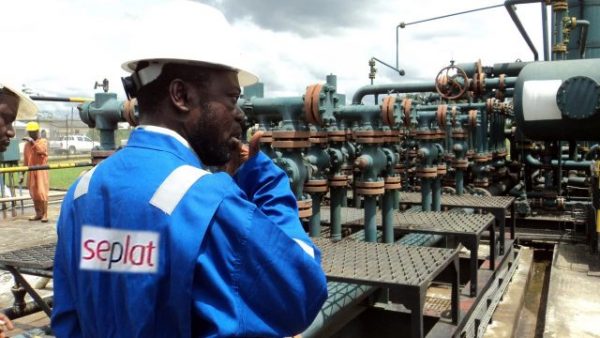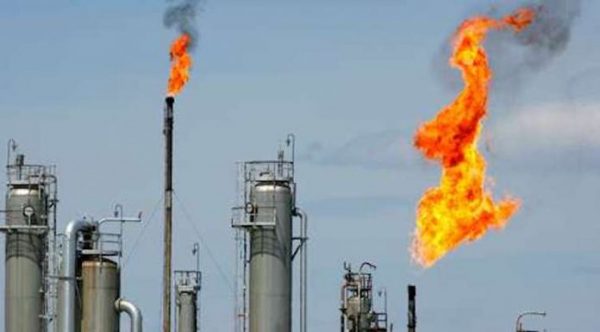Seplat’s ANOH Gas Project To Boost Nigeria’s Power Output By 1,200Mw

The Assa North-Ohaji South (ANOH) gas and condensate processing plant in Imo State that will begin operation in 2021, will boost Nigeria’s power generation by over 1,200 megawatts (Mw), Seplat Petroleum Development Company Plc has said.
The General Manager, Gas at Seplat, Mr. Okechukwu Mba, made this known at the Nigerian International Petroleum Summit (NIPS) 2020 in Abuja.
During a panel session with the sub-theme ‘Charting the way forward for gas’, Mba said the company is positioned to access Nigeria’s main demand centres, adding that gross well-stock delivering was about 300 million standard cubic feet per day.
With over $300million invested in Oben Gas Plant Expansion Project, another gas plant run by Seplat, he said the company contributes about 30 per cent of gas to power generation in Nigeria, adding: “ANOH project has the capacity to unlock over 1,200Mw of gas constrained power generation capacity.”
H owever, despite the huge gas reserves, the country has been unable to translate its resources to effectively boost the economy, Mba said, noting that the key challenges the industry faces in translating reserves to value include lack of adequate infrastructure (constraint on gas transmission distribution); funding constraints for upstream, midstream and downstream subsectors; and sub-optimal institutional and regulatory frameworks including extensive and bureaucratic process for obtaining licences and approvals, as well as weak corporate governance and policy inconsistencies.
Also, he said uncertainties around changes in fiscal framework, local community crisis, mismatch in currency (gas revenue in naira versus costs in dollar), and Domestic Supply Obligation (DSO) gas pricing constraints were some of the challenges.
He said growth in gas demand was widespread, increasing in some countries, of which the increase is driven in equal amounts by use in power and industry.
He said: “Africa’s natural gas production, demand and exports are poised to accelerate, led by Mozambique, Nigeria and Egypt. Gas is the only fossil fuel expected to grow through 2035.
Global gas demand is expected to grow at 0.9 per cent per annum between 2018 and 2035 driven by many regions’ power/gas-intensive industries and China’s residential/commercial sectors citing McKinsey report, 2019.
“The continent can fuel the economy four-times larger than today with only 50 per cent more energy driven by a major shift towards energy sources, such as renewables and natural gas and efficiency improvements.







